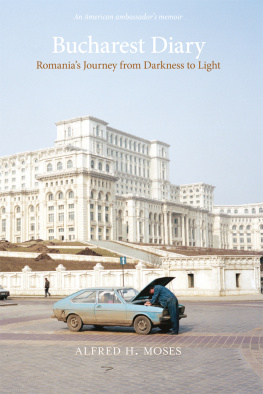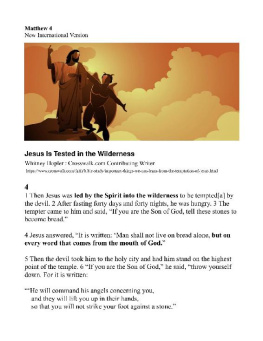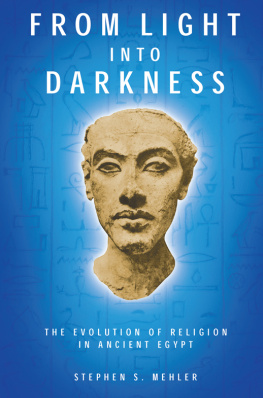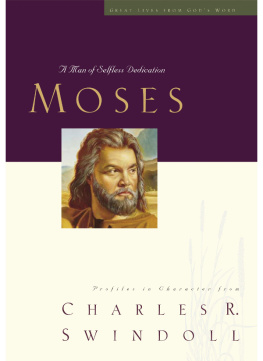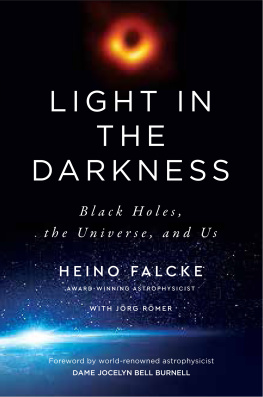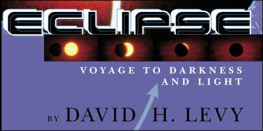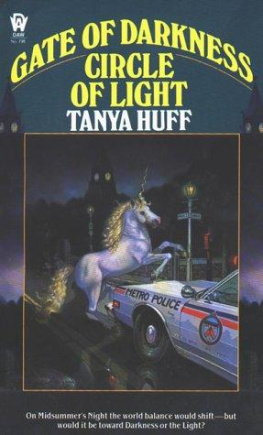Bucharest Diary
Romanias Journey from Darkness to Light
An American Ambassadors Memoir
ALFRED H. MOSES
BROOKINGS INSTITUTION PRESS
Washington, D.C.
Copyright 2018
Alfred H. Moses
All rights reserved. No part of this publication may be reproduced or transmitted in any form or by any means without permission in writing from the Brookings Institution Press.
www.brookings.edu
The Brookings Institution is a private nonprofit organization devoted to research, education, and publication on important issues of domestic and foreign policy. Its principal purpose is to bring the highest quality independent research and analysis to bear on current and emerging policy problems. Interpretations or conclusions in Brookings publications should be understood to be solely those of the authors.
Library of Congress Cataloging-in-Publication data are available.
ISBN 978-0-8157-3272-3 (cloth : alk. paper)
ISBN 978-0-8157-3273-0 (ebook)
To the men and women of the United States Foreign Service
Contents
Epilogue
Romanian History in the Making
Acknowledgments
This book has been in the offing since I returned to Washington in 1997 with vague notions about a future book. In the intervening years many people helped me focus on how I might turn my notes into a book. I benefited enormously from their advice.
Thanks are owed to Nadine Epstein, editor of Moment magazine, and my friend and former colleague at Promontory Financial Group, Kinney Zelesne, as well as two other friends and former colleagues at Promontory, Peter Bass and Colleen Brennan, who were by my side from beginning to end.
My friend and the former Romanian ambassador to the United States, Sorin Ducaru, did fact-checking on the Romanian side. My friend Bonnie Boxer served as my Israeli conscience.
My agent, Ron Goldfarb, and his assistant, Gerry Sturman, provided wise advice.
Among those who provided valuable suggestions or read the book in draft, I thank my former colleagues in the American Embassy in Bucharest, Mihai Carp, Susan Jacobs, Richard Rorvig, Sarah Solberg, and Robert Whitehead; my friend and former Miss Abby, Diane Crowley Hano; Dartmouth College professor Dan Benjamin, who read the text and contributed much; and my synagogue pal, the literary critic and political commentator Leon Wieseltier, who read an early draft and recommended the book to Brookings.
At Brookings I thank the triumvirate who led the charge: William Finan, Janet Walker, and Elliott Beard, later joined by Phil Schwartzberg, cartographer extraordinaire, and my editor, Katherine Scott.
My son-in-law, Mark Mann, a world-renowned photographer, reproduced the photographs in this book.
I also want to thank those who endured the mostmy wife, Fern Schad, and my four children and twelve grandchildren.
Thanks also to Senator Christopher Van Hollen, who contributed the foreword and has been my soulmate since he first entered public service three decades ago.
Most important, I thank my friend and assistant for more than fifty years, Paula Brenneman, who transcribed the text from dictation and managed the enterprise.
Foreword
U.S. S ENATOR C HRISTOPHER V AN H OLLEN
Alfred Moses arrived in Bucharest to assume his duties as the U.S. ambassador to Romania in December 1994. At that point, five years after the revolutions that swept communism from Eastern Europe, anyone handicapping the prospects of the nations of the region for successful development into democracies with market economies would have placed Romania at or near the bottom of the field. Romania was a land of 40-watt light bulbs, freezing apartment blocks, and desolate, overcrowded orphanages. It was the only country to emerge from the Eastern Bloc through violence: after the briefest of trials, on December 25, 1989, longtime dictator Nicolae Ceauescu and his wife, Elena, were executed by firing squad.
Ceauescu had long charted a course of semi-independence from Moscow, and in the last stage of his rule, he was determined to free his country of the demands of Western creditors by reducing the countrys debt load. In its turn toward autarky, Romania seemed to be modeling itself more on North Korea than on the states of communist Eastern Europe. The country was an impoverished shambles. With unresolved border issues, restive minorities, sclerotic bureaucracies, and no sustained history of democratic governancethe government had even summoned masses of coal miners from the countryside to put down demonstrations in 1990a measure of skepticism about the future was appropriate.
Though not a diplomat by profession, Moses came to the job with open eyes. A successful Washington attorney who had served in the Carter White House, he had been visiting Romania for almost twenty years in his capacity as a Jewish community leader. Romanias willingness to stray from Moscows line beginning in the 1960s had opened up opportunities for engagement for American Jewish organizations eager to support the small Jewish community that had survived the Holocaust. Moses had led negotiations with the regime, pressing successfully for the right of Romanian Jews to emigrate. An observant Jew, he came to his new post with a fondness for the Eastern Europe of his forebears and no illusions about what it would take to move Romania toward a more secure and prosperous future.
Fast-forward to the present: Romanias GDP jumped from $30 billion in 1994 to $188 billion in 2016, almost a sixfold increase in a period when its population fell by almost 20 percent. Life expectancy has increased by five years, to almost seventy-five, not far off Western European levels. Foreign direct investment has grown roughly twelvefold. Poverty remains a problem, but as a member of the European Union, the country is poised for continued long-term growth. In 2004, well before Russia began menacing its neighbors, Romania achieved newfound security as a member of NATO. Compared to some of its neighbors, where nationalism, xenophobia, and anti-Semitism are gaining ground, Romania looks reasonably well rooted in democratic principles and on a positive trajectory.
No one, least of all Al Moses, would claim sole credit for Romanias relative success. Yet he played a critical role in steering the countrys leaders and U.S. policy in a constructive direction. As a central participant in the pivotal years of the mid-1990s and as gifted and shrewd observer, he has produced in Bucharest Diary a remarkable account, one that deserves a prominent place among the histories and memoirs recounting U.S. policy of the period.
The book is enlivened by a keen wit and colorful depictions of some of the key American and Romanian figures of the period. Al Moses has a well-earned reputation for blunt, direct speech, and it served him well during his time in Bucharest and as an author. Reflecting, for example, on Romanias second elected head of state, he writes with winning economy, President Constantinescu, with all his good intentions, was at heart a geology professor, not a businessman. He also has a deep sensitivity for the ravages that the twentieth century brought to the once large and flourishing Jewry of Romania. He seems to have visited every major and minor community in the country.




